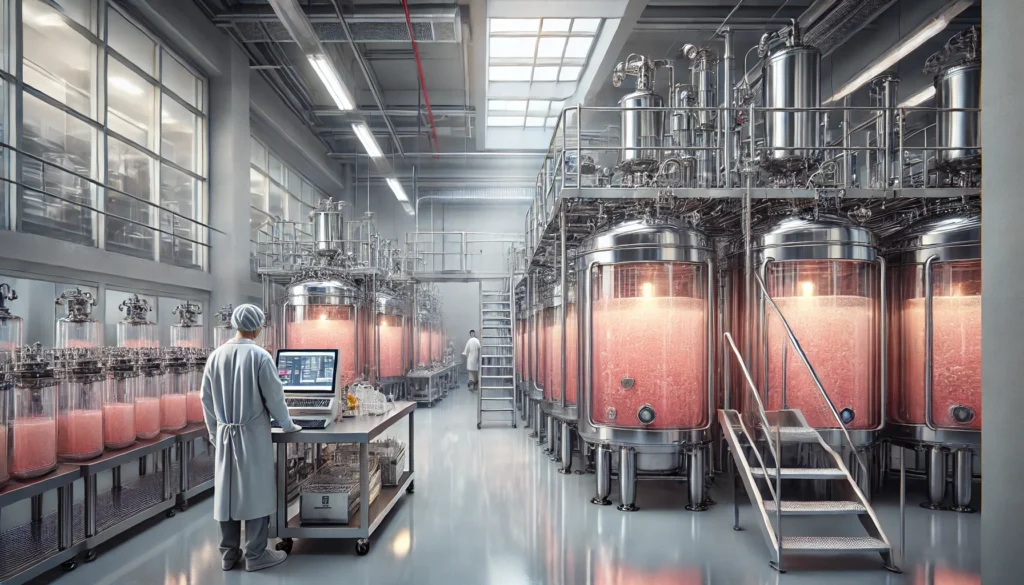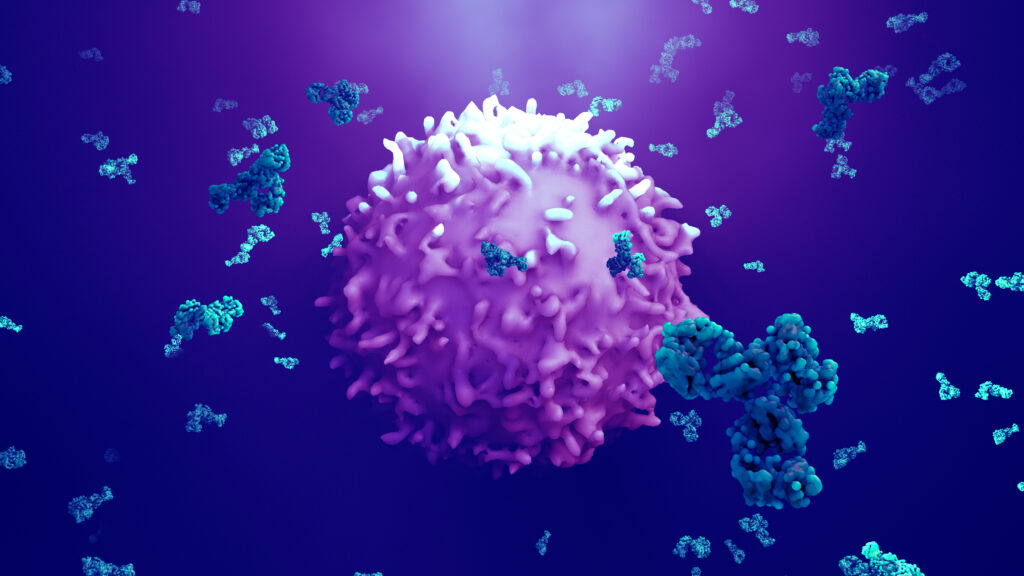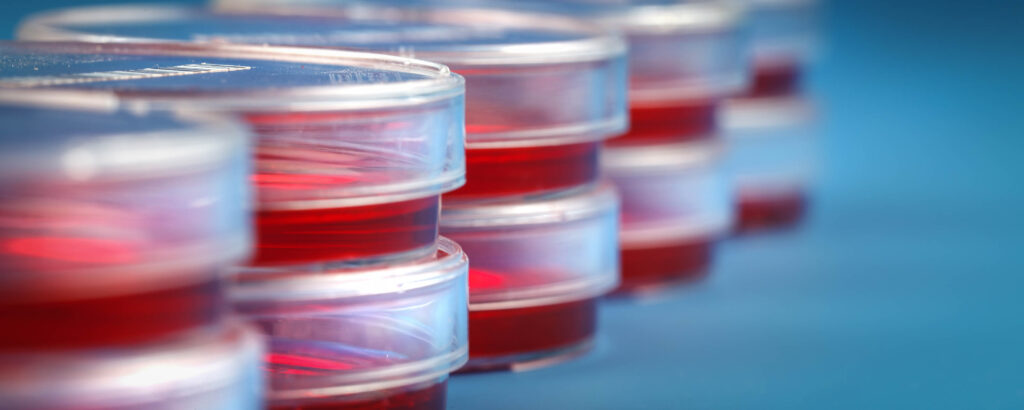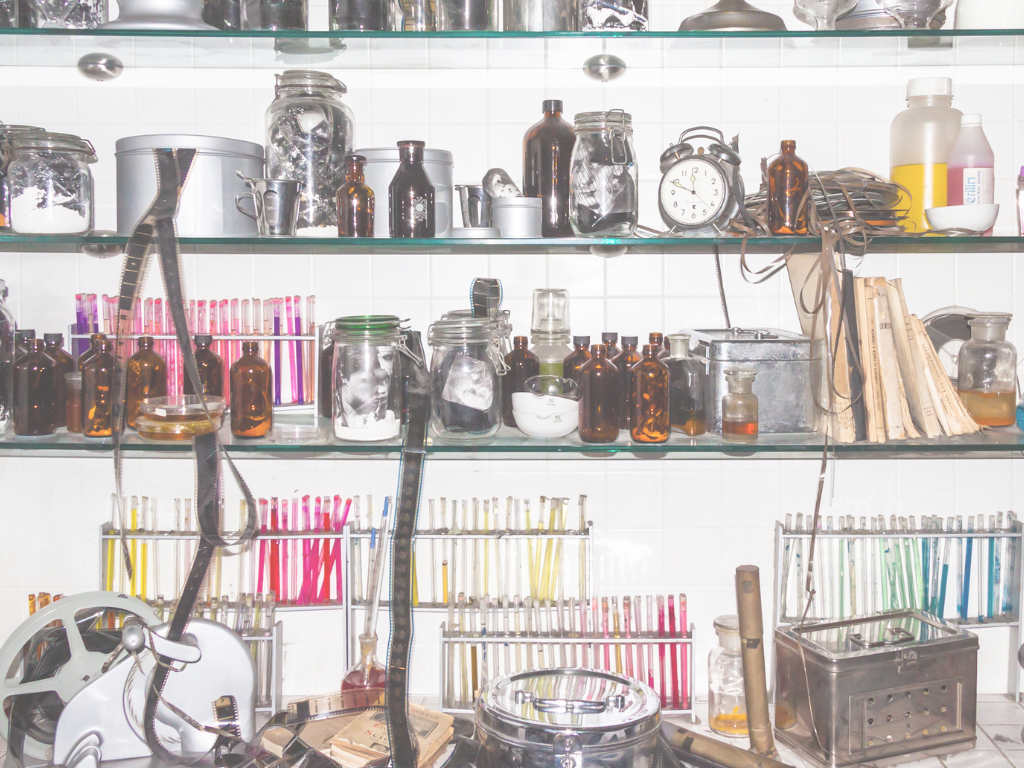Biomanufacturing of biological drugs: strategic issues and challenges

Biomanufacturing, or the manufacturing phase of innovative biological medicines, is a rapidly expanding field that is essential for meeting modern healthcare needs and represents a major strategic challenge. Faced with growing dependence on imports and increasing international competition, there are many technological and industrial challenges to developing this sector. In France, major efforts are being made, notably through the France 2030 plan, to ensure pharmaceutical sovereignty and meet future medical needs. This article explores the challenges and opportunities presented by biomanufacturing.
The immuno-oncology market

Long considered as cellular debris with no biological function, exosomes, and more generally extracellular vesicles (EVs), are now recognized as vectors of biological material with a role in intercellular communication. The building of knowledge on the subject has not only highlighted their role in certain pathologies, but also revealed their potential as biomarkers and therapeutic tools.
The beginnings of cell culture

Cell culture is the cornerstone of biomedical research and biotechnology innovation. Although the bioproduction of biomedicines in bioreactors is now the norm, and the use of organoids and “organ-on-a-chip” (OoC) is growing, the beginnings of in vitro cell culture were more modest.
The history of biologics: from discovery to therapeutic revolution

Biopharmaceuticals, or biotherapies, are becoming increasingly important on the market, and offer immense hope for the treatment of many diseases. From the first discoveries of vaccines to the recent development of cell and gene therapies and regenerative medicine, looking back at biologics’ history lets us have a better understanding of the revolution that they provoked in the pharmaceutical industry and in modern medicine .